When
to
Tuesday, March 9, 2021 - 16:30 GMT
Where
Online
United Kingdom
About the Event
Course Summary
The seminar will aim to explore some of the biggest themes currently shaping Open Access research support. These will include the evolution of transformative agreements in scholarly publishing, the increasing move towards Open Data, and developments in licensing solutions for Open Access content, such as the Scholarly Communications licence. There will also be an emphasis on highlighting current innovations in Open Access research support, with an exploration of practical examples from a number of leading-edge institutions.
The seminar will include participatory elements, and attendees will have the opportunity to discuss and explore the themes raised during the course of the event. Time will be given over so that delegates can put their questions to each speaker and a panel discussion on the second day of the event will provide a forum for participants to explore some of these themes even further.
Who should attend
The seminar will be of interest to individuals involved at all stages of research support, whether in a publisher, intermediary or library setting. Those looking to update or refresh their understanding of the current Open Access landscape, and its potential evolutions in 2021 and beyond, will also find the course valuable.
Course level and previous knowledge required
Attendees should possess an understanding of the fundamentals of Open Access, as these will not be covered by the event.
Dates & Timings
The seminar is scheduled to take place over two dates: Tuesday 2nd & Tuesday 9th March from 1pm until 4pm GMT.
Registration
To reserve your place please us our online booking to register.
Attendee Information
To test your system ahead of time visit https://support.goto.com/webinar/system-check-attendee
Accessibility
UKSG wants to provide the best possible experience for all our delegates, making presentations as accessible and inclusive as possible. Our intention were possible is to strongly encourage our speakers to provide auto generated closed captioning for both live and recorded events as well as to make sure their slides as easy as possible for all people to read. In addition we can provide auto generated transcripts post event for each of the recorded sessions.
If you have particular accessibility needs or questions about this seminar/webinar, we welcome you to contact events@uksg.org
Programme
| Time |
Programme and Speakers
Programme
Speakers
|
|---|---|
|
13:00
|
Welcome and Introduction |
|
13:10
|
Open Access is dead; long live Open AccessIn this brave new world of buzzwords pertaining to all things open – what is next, and what are the implications for Open Access as we currently understand it? This highly practical ‘future gaze’ talk will examine some of the developments taking place around Open Access: evolving funder requirements, open practices and open infrastructure, author rights, data and reproducibility… and, most importantly, how to advocate for these issues across disciplines and at all levels throughout the institution.
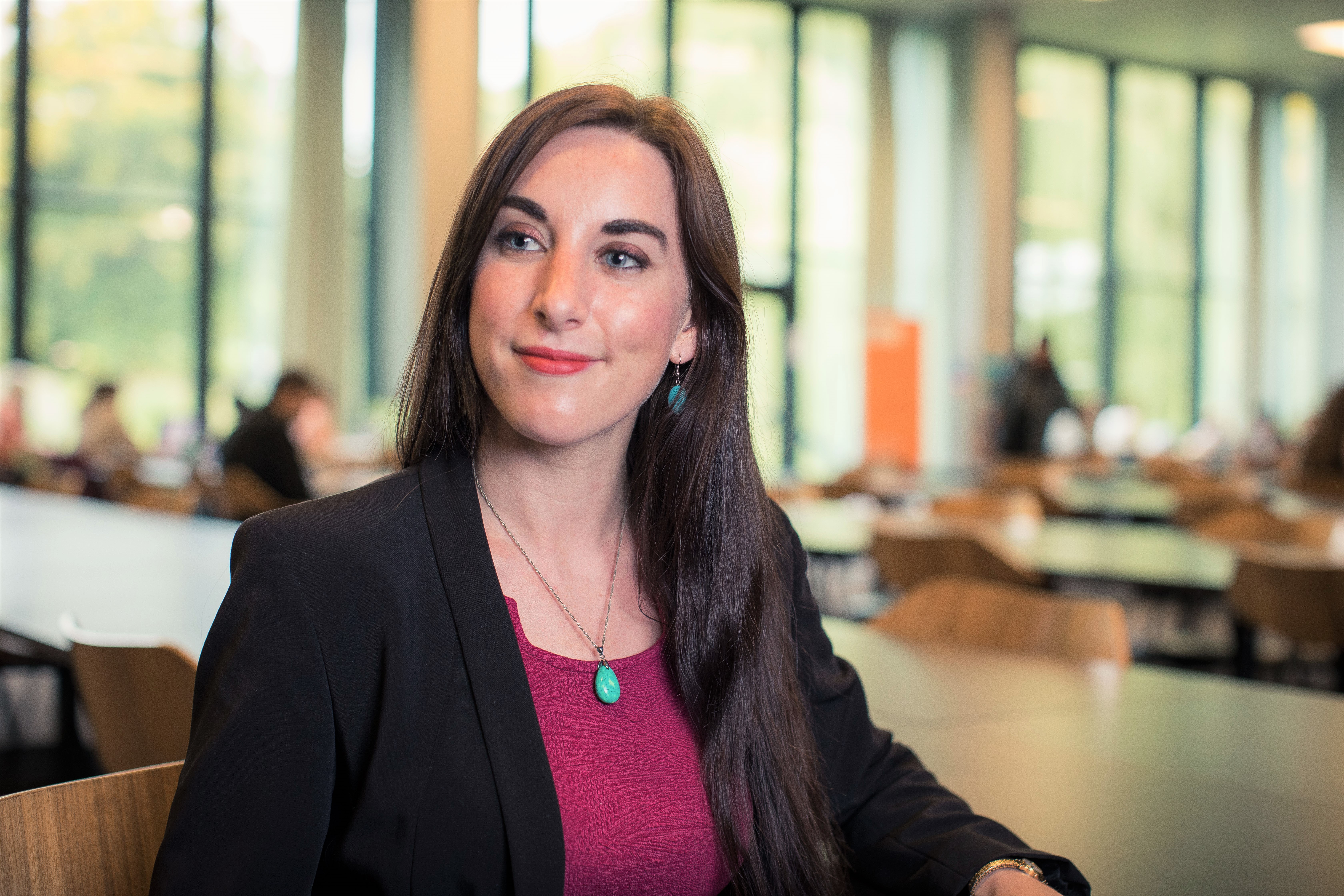
Ruth Mallalieu
University of Oxford
Ruth Mallalieu is Head of Open Scholarship Support, Bodleian Libraries, University of Oxford. The Open Scholarship Department provides a central point for advocacy and strategy in the areas of open scholarship and open publishing, Research Data Management, copyright and licensing, digital preservation and digital innovation. She is Chair of the Libraries and Archives Copyright Alliance (LACA) and of the Scholarly Communications Chapter of the Special Libraries Association. She is a member of the LIBER Open Access Working Group, the LERU Info Policy Group, and the UUK Copyright Negotiating and Advisory Committee (CNAC). She is a current LLM candidate in Intellectual Property Law at the University of Edinburgh. A keen amateur clarinettist in her spare time, she is involved in a number of research initiatives relating to music and auditory neuroscience. |
|
13:50
|
Transformative Agreements and the research lifecycle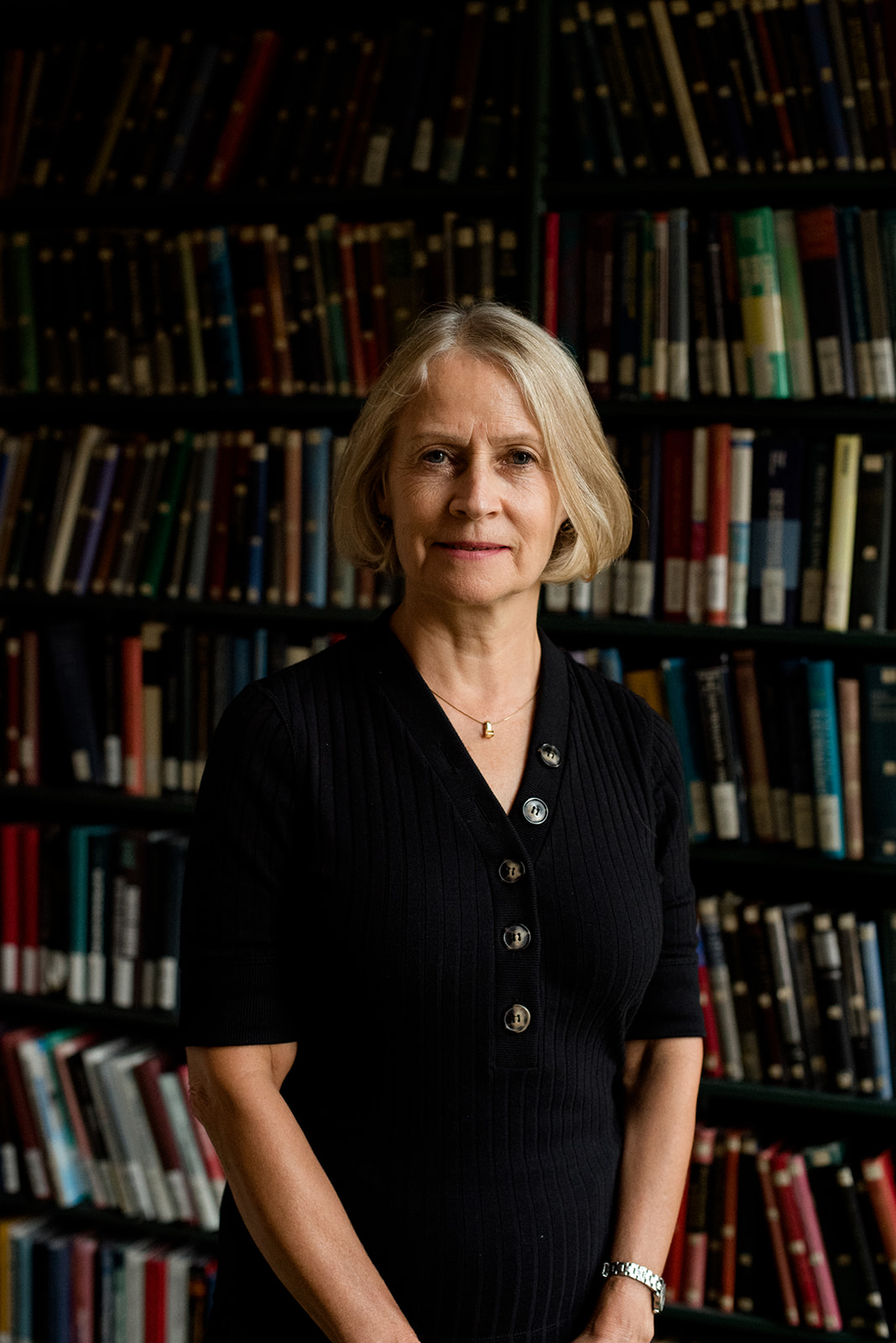
Patricia Killiard
University of Cambridge
Patricia Killiard is Senior Deputy Director, Academic Services, Cambridge University Libraries, responsible for strategic leadership of services supporting education and research, collection development and management. The directorate includes the Office of Scholarly Communication, which provides the research community with OA and research data management support, and the team managing the university-wide Journal Co-ordination Scheme. She leads for the libraries of the University on supporting the implementation of Plan S. |
|
14:20
|
Break |
|
14:35
|
Delivering open access support during a changing gameWe knew that 2021 was always going to be a period of change in the research sector, but nothing could have prepared us for the reality! In this presentation we will reflect on some key areas of change that we are currently dealing with (end of REF 2021, new publisher deals and policies, and the pandemic) and the lessons we are still learning. 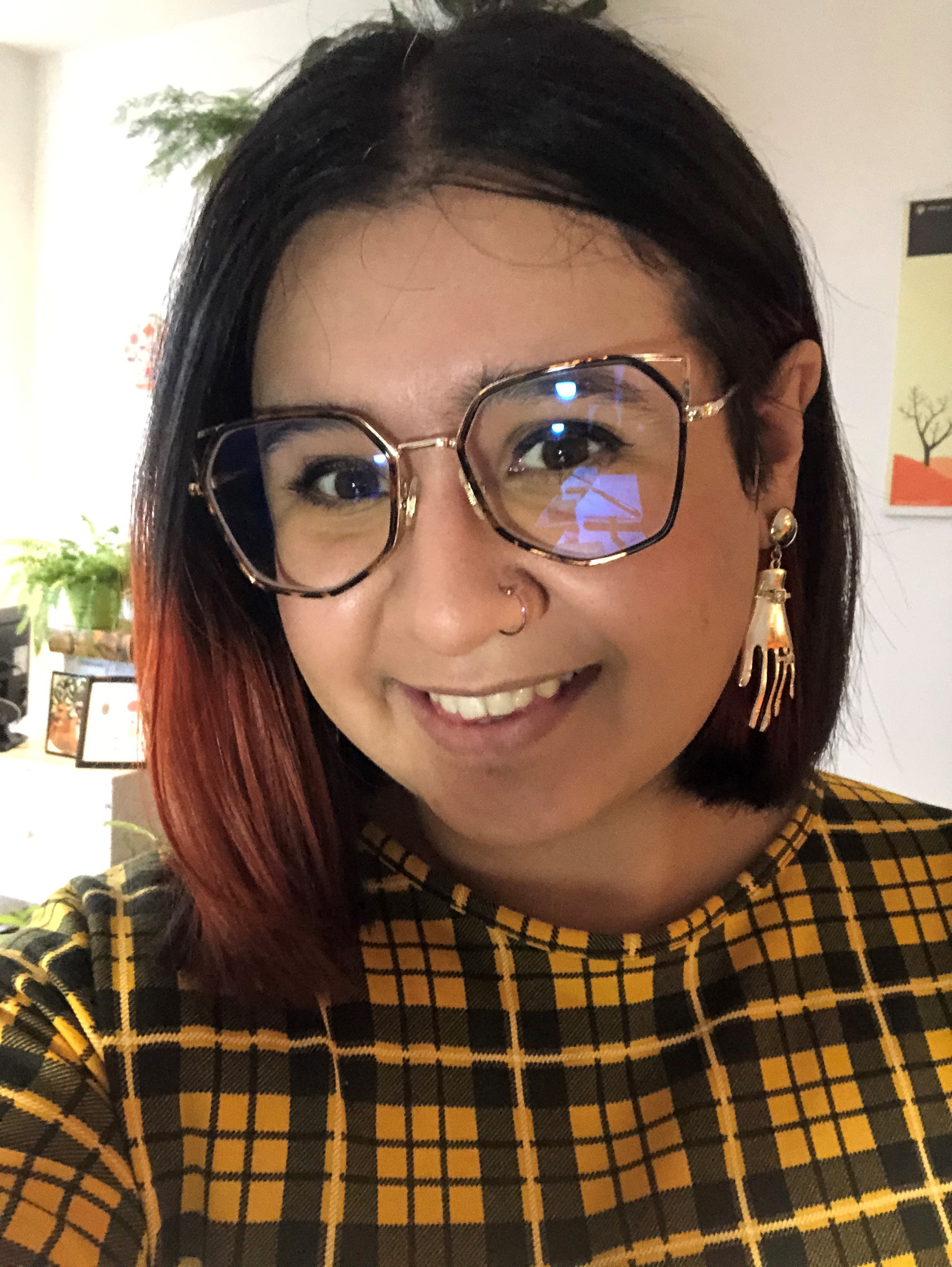
Jennifer Bayjoo
University of Salford
Jennifer has been working as the Academic Support Manager (Research) at the University of Salford for the past four years, where she has also had roles with the BAME staff network and University Council. Previously, she worked at Leeds Beckett University in the Library's research team. In her spare time she enjoys stand up comedy and poetry, crochet, and hanging out with Mavis the cat. 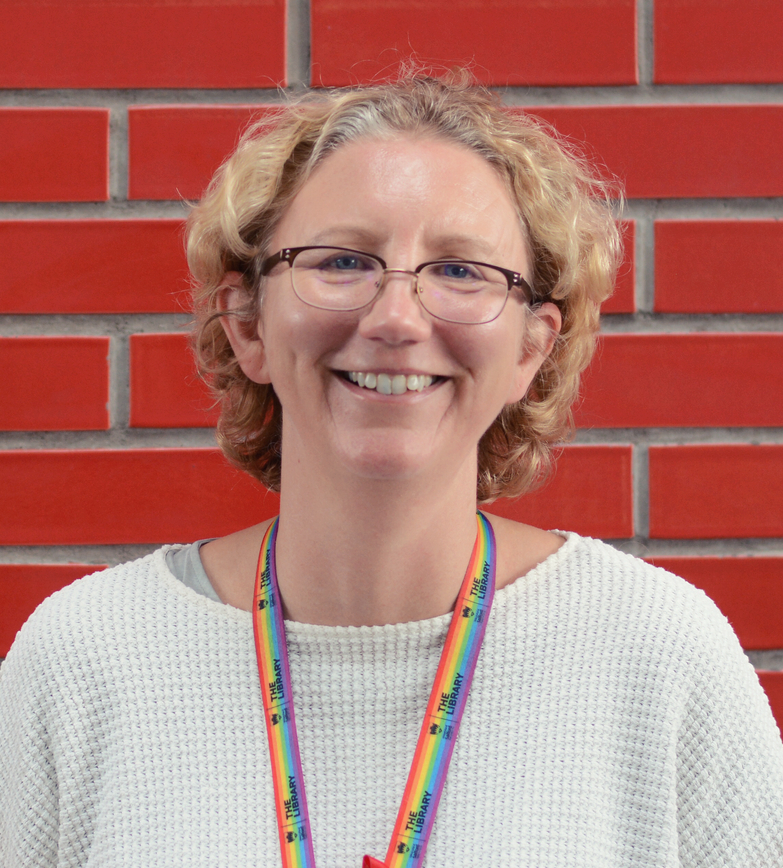
Wendy Taylor
University of Salford
Wendy has been Scholarly Communications Librarian at the University of Salford since 2019 and has held previous roles in cataloguing and repositories. As part of her role in the Library's Research Support Team, she provides training and advice on open access, research dissemination and open research to PGRs and academic staff of all disciplines. She also manages applications to the University's institutional and UKRI open access funds and transformative agreements. |
|
15:05
|
Open Access and Wikipedia: Taking accessible research to the global publicWikipedia is one of the most popular websites in the world with a mission to provide universal free access to knowledge as a public good. Central to “the free encyclopedia that anyone can edit” is that all facts are properly cited, ideally from peer-reviewed sources that are accessible to a global public. However approximately half of scholarly citations on Wikipedia are behind a paywall. This session will discuss Wikipedia’s role in the information ecosystem as a bridge between informal discussion and scholarly publication. It will demonstrate how to identify paywalled citations and update to OA versions of cited articles in institutional repositories. In order to fully participate you should register a Wikipedia account. 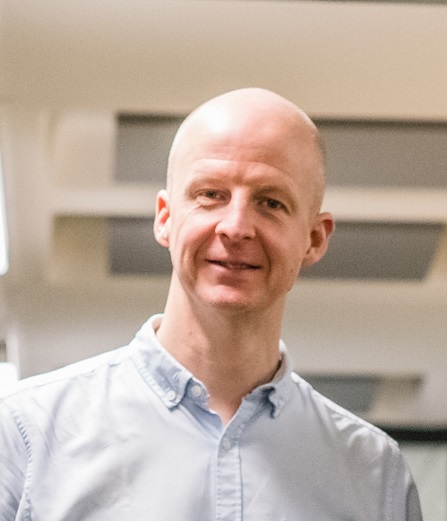
Nick Sheppard
Open Research Advisor
University of Leeds
Nick Sheppard has worked in scholarly communications for over 10 years, currently as Open Research Advisor at the University of Leeds. Previously he was Research Services Advisor at Leeds Beckett University. Nick is interested in effective dissemination of research through sustainable models of open access, including underlying data, and potential synergies with open education and Open Educational Resources (OER), particularly underlying technology, software and interoperability of systems. |
|
15:35
|
Closing Comments & Wrap up |
| Time |
Programme and Speakers
Programme
Speakers
|
|---|---|
|
13:00
|
Welcome & Introduction |
|
13:10
|
The open access transition and the impact of transformative agreementsThe number of transformative agreements being negotiated, globally, is growing exponentially, bringing together national library consortia, institutions and publishers of all shapes and sizes in the transition of scholarly publishing to open access. As the transition picks up speed, what impact are these agreements having in the transition of scholarly journals to open access and how are they transforming the landscape? 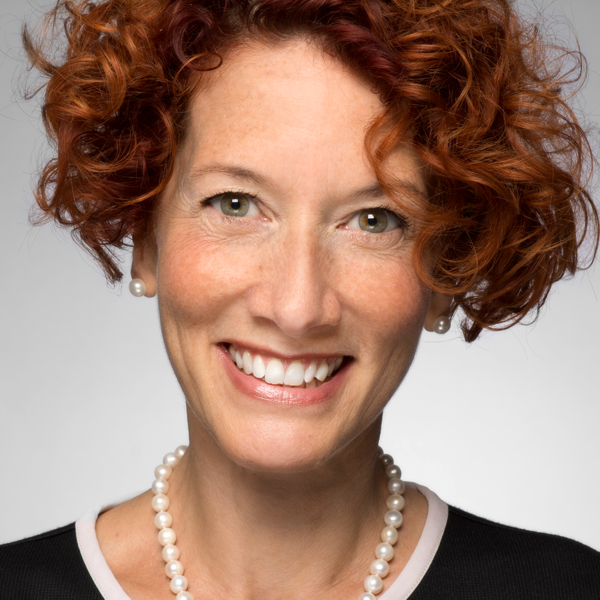
Colleen Campbell
Max Planck Digital Library
Colleen Campbell is strategic advisor for external engagement at the Max Planck Digital Library (MPDL). There she coordinates two open access initiatives: the Open Access 2020 Initiative, a global alliance of research organizations and their libraries that are repurposing their investments in subscriptions to support open access publishing, and the ESAC Initiative, a library community of practice building capacities around transformative and open access publishing agreements. She is a member of the LIBER Open Access Working Group and serves on the Managing Board of EIFL, a not-for-profit organization that works with libraries to enable access to knowledge in developing and transition economy countries. |
|
13:40
|
The expanding scholarly record: Data and software and materials, oh my!For centuries, the only way of sharing research results was by publishing in a print journal, which was at least better than the exclusive "Republic of Letters" that preceded it. But digital technology has seen a revolution in the way research is done and the forms of information that can be produced and communicated. This talk will reflect on the place of software, data and other "non-traditional" outputs in the evolving scholarly ecosystem and examine how they fit into the research lifecycle. 
Jez Cope
The British Library
Jez Cope is Data Services Lead in the British Library’s Research Infrastructure Services team. He is responsible for the Library’s research identifiers service in conjunction with DataCite, and for implementing the Research Data Strategy. He has over 8 years of experience developing and delivering research data management services and strategies at research-intensive higher education institutions in the UK, as part of a long-term goal to help communicate and collaborate more effectively using technology; previous roles include research data management at University of Sheffield, Imperial College London and University of Bath. He graduated from Imperial College London with an MSci in Joint Mathematics & Computing. He is an experienced teacher and is involved with grassroots-driven data & software skills training organisation The Carpentries, as a Certified Instructor and early contributor to Library Carpentry. He is particularly interested in elevating the status of research software alongside research data in the scholarly record, and helping researchers develop the skills to make the most of this. He is a Fellow of the Software Sustainability Institute, 2020 intake. |
|
14:10
|
Break |
|
14:25
|
Publisher - Round Table and questions

Victoria Eva
Elsevier
As VP of Global Policy at Elsevier, Victoria is responsible for managing Elsevier’s policies and strategy in areas related to open access, as well as coordinating on global policy and legislative issues pertaining to Open Science more broadly. Victoria has been with Elsevier for two years and has worked for over 10 years in the policy space, including with educational publisher Pearson and UK trade body The Publishers Association.
Jessica Monaghan
Springer Nature
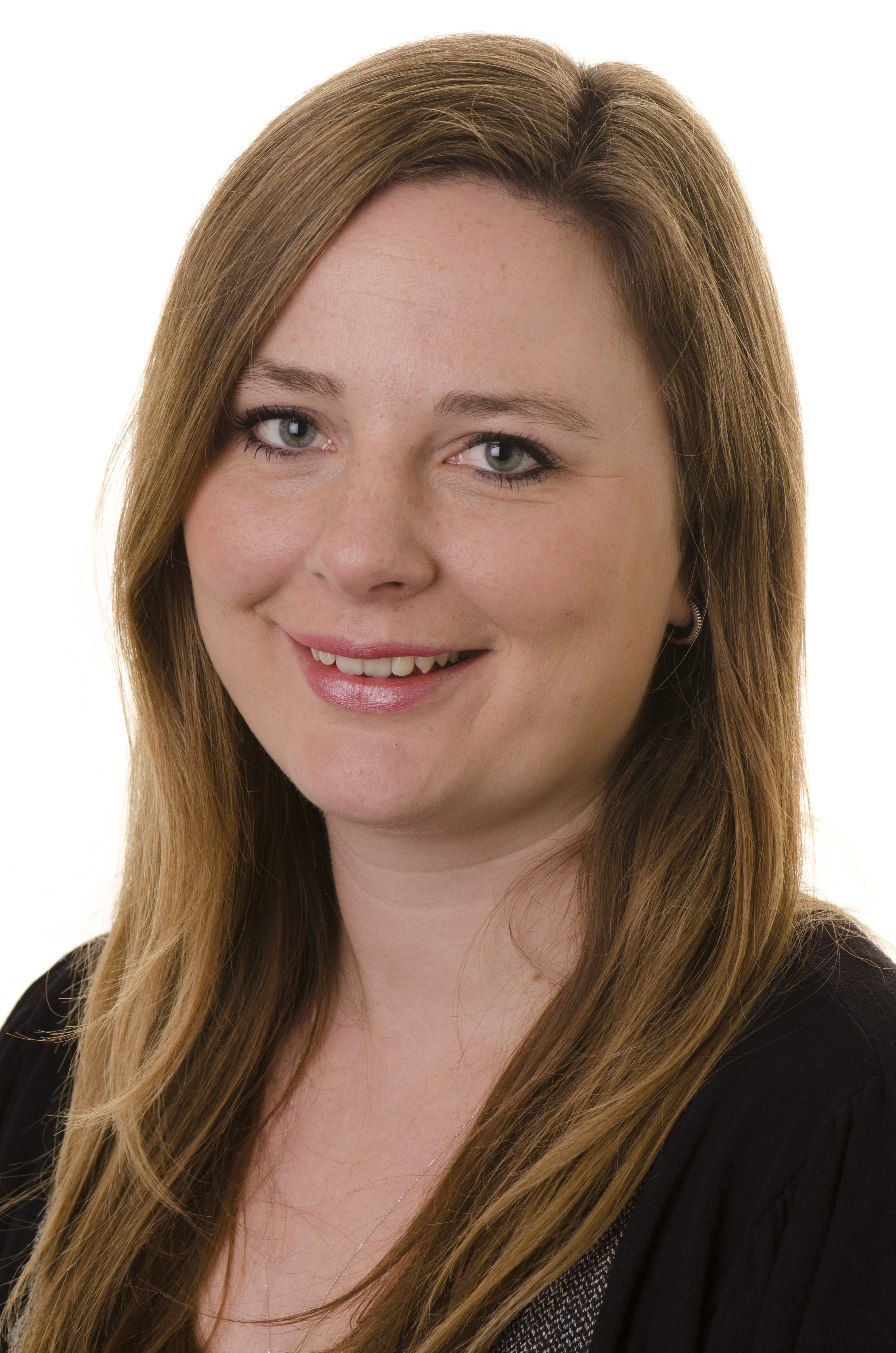
Carolyn Kirby
Taylor & Francis
Carolyn works within the Commercial Division at Taylor & Francis, in a global role focused on accelerating the open access programme. Carolyn works closely with HE libraries and consortia to understand their open research goals and to put in place agreements which are sustainable for both sides, including Transformative Agreements. A particular area of focus has been ensuring the development of OA infrastructure at Taylor & Francis is meeting the needs of evolving business models. Carolyn also works closely with the F1000Research team and is a strong advocate for open research practices
Lara Speicher
UCL Press
|
|
14:55
|
Evolving workflows, increasing workloads: Supporting open access in a changing worldThe University of Manchester Library’s Open Access Service is well regarded across the University, has helped to achieve high levels of compliance with funder policies and has played a significant role within the institution to advocate for open access and open research more generally. Its evolving workflows reflect changes in priorities and have helped researchers to reap the benefits of making their work openly available, most notably through the Open Access+ Service. However, changes in the scholarly publishing landscape present challenges that may require more significant changes to the service.
Steve Carlton
University of Manchester
Steve has been working in OA and scholarly communications since 2015 and has been at the University of Manchester since 2019. As Research Services Coordinator, Steve leads the OA service that facilitates open access to around 2,500 journal articles and conference proceedings each year, including managing almost £4 million in OA budgets. He spends a lot of his time thinking about publisher agreements, but would much rather spend that time thinking about PIDs, research communication and innovative open access publishing models. 
Tristan Martin
University of Manchester
Tristan joined the University of Manchester open access team in April 2018 as a Research Services Officer. Previous to this he was a postgraduate researcher at Newcastle University, completing his doctoral thesis in 2019. He is interested in how open research practices can better integrate the research community and wider society together. When not working on open access enquiries he enjoys reading history, watching football, and walking in the countryside. |
|
15:35
|
Closing Comments and wrap up |
Registration
£ 60.00 + £ 12.00 VAT
UK - UKSG Members
£ 60.00
Outside UK - UKSG Members
£ 72.00 + £ 14.40 VAT
UK - UKSG Non Members
£ 72.00
Outside UK - UKSG Non Members
NB: UKSG reserves the right to alter or vary the programme due to events or circumstances beyond its reasonable control without being obliged to refund monies.
Contact
General queries - events@uksg.org
Please take a look at our code of conduct
Cancellations
The closing date for cancellations is Friday 12th February, after which date cancellations will not be eligible for a refund. Cancellation should be sent into writing to events@uksg.org. All registrants will be sent a link to a recording after the event.
The UKSG terms and conditions can be found here
NB: UKSG reserves the right to alter or vary the programme due to events or circumstances beyond its reasonable control without being obliged to refund monies.
